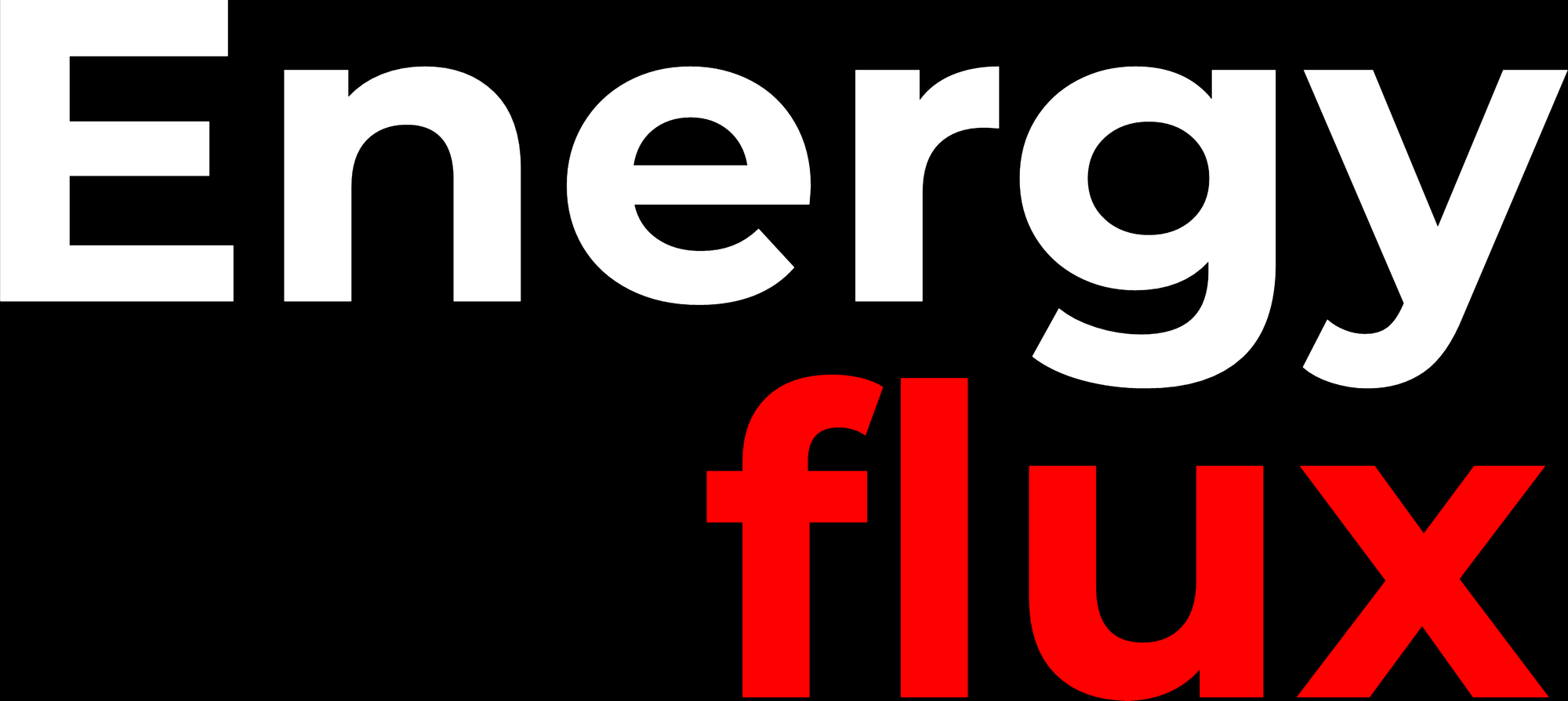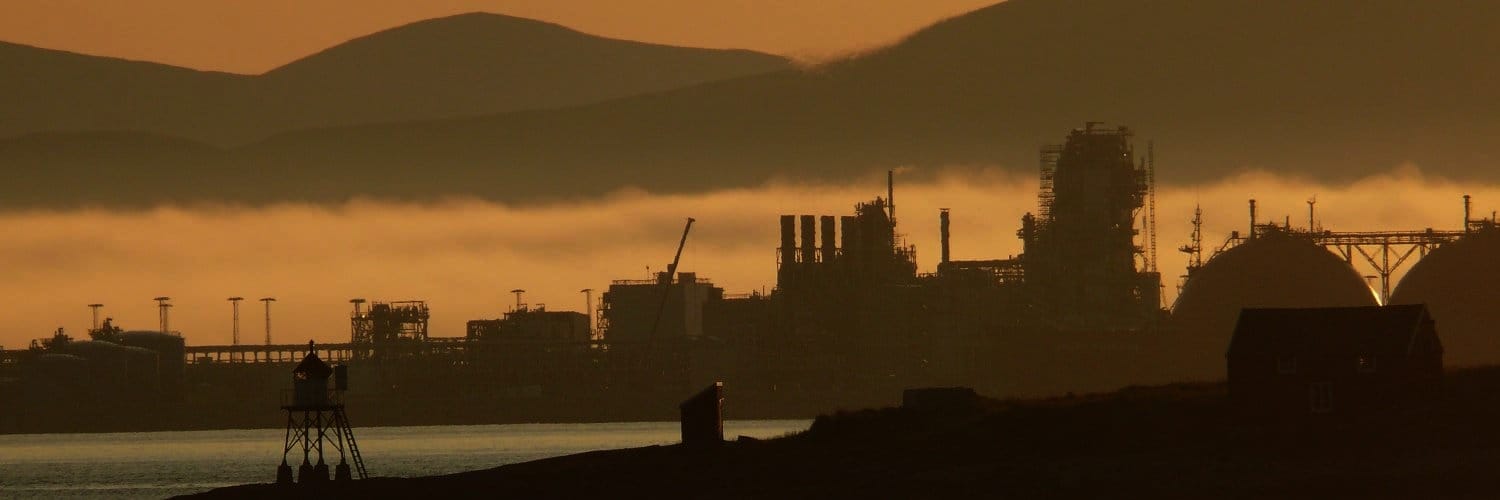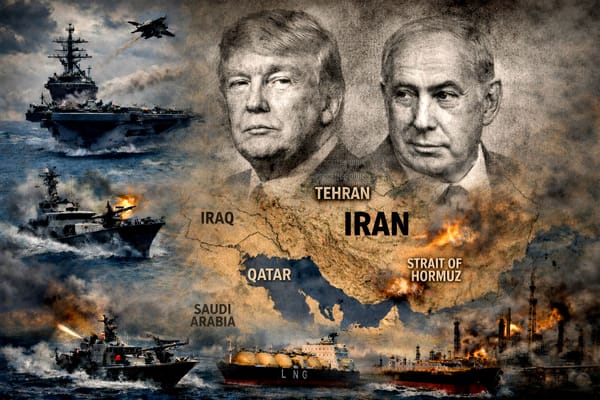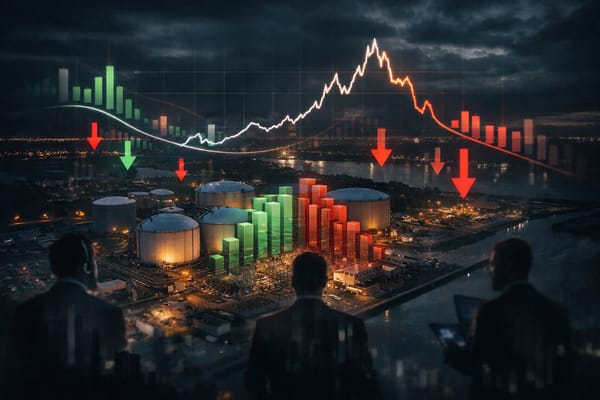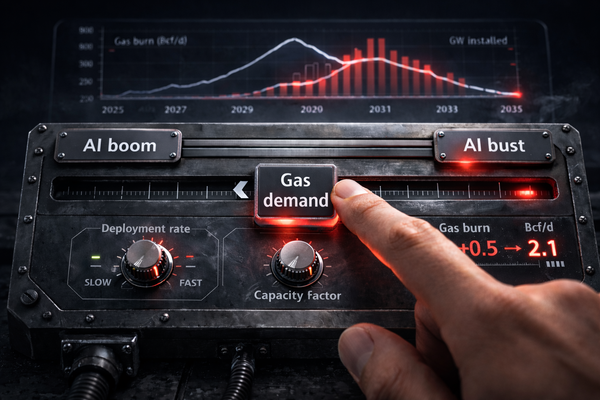See no evil, hear no evil
From moral high ground to marked silence: the new US stance on Ukrainian corruption
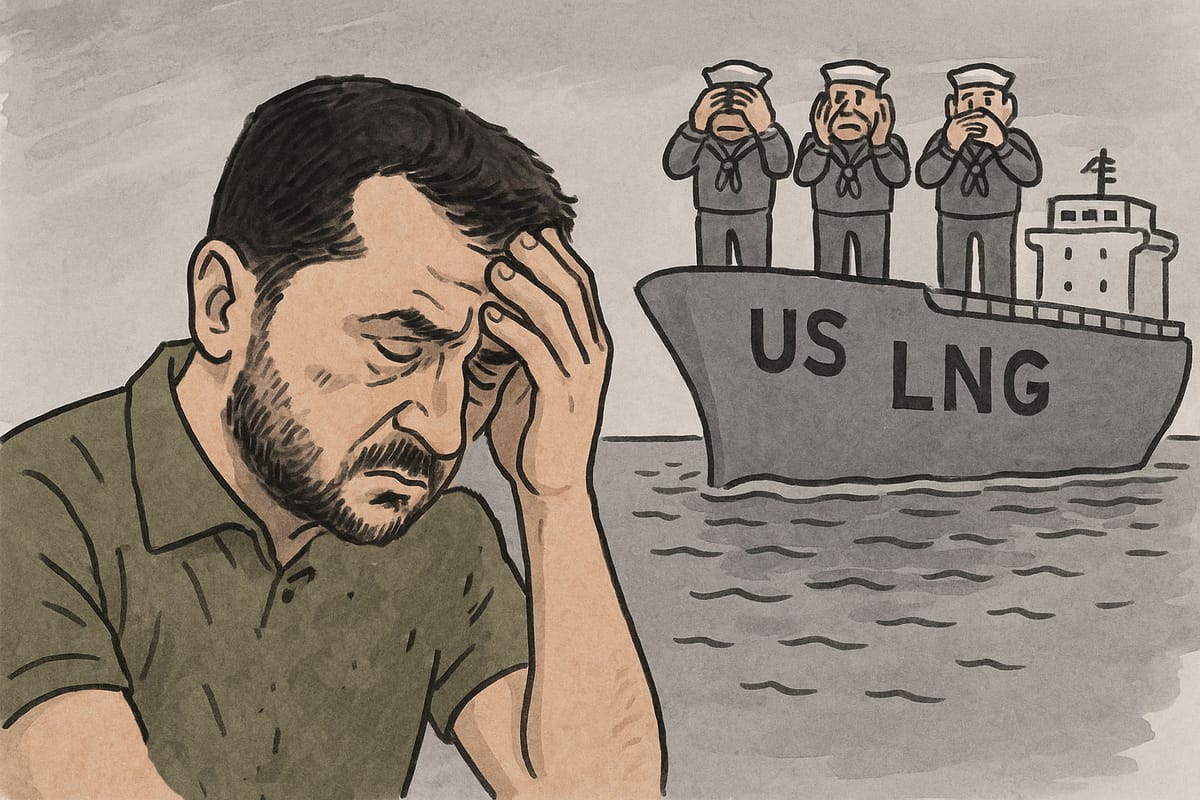
A corruption scandal is rocking Ukrainian President Volodymyr Zelenskyy’s inner circle. Yet despite allegations of a $100 million kickback scheme and the resignation of two ministers, the usual chorus of American lawmakers demanding accountability has gone quiet.
This is a notable departure from the past, and the explanation lies not in Kyiv’s reformed governance, but in a fundamental shift in Washington’s role: from being Ukraine’s paymaster to becoming its energy salesman.
For years, Washington treated corruption in Kyiv as strategic leverage. The relationship was littered with stand-offs over misconduct, opaque business ties, and politically inconvenient investigations. In 2019, the Trump administration froze military aid, ostensibly over Ukraine’s anti-corruption efforts, while simultaneously digging for dirt on Joe Biden.
The then-former vice-president had his own complicated history in Ukraine, from his son’s lucrative role at Burisma to his successful push to fire prosecutor Viktor Shokin.
The point isn’t which side you believe; it’s that for years, Washington framed its support as conditional on credible reform and was willing to pull financial levers to enforce that view. This long record of moral scrutiny makes the current silence deafening.
Historically, these new allegations would have triggered lectures, aid delays, and a fresh round of conditionality. Instead, from the same political actors who once wielded corruption concerns, we hear nothing.
The reason for this newfound reticence becomes clear when you follow the money — or more specifically, the flow of American liquefied natural gas (LNG).
Short-term fix, long-term bet
War-ravaged Ukraine is turning into a red-hot gas market, redirecting flows and allegiances across Europe. At a recent energy summit in Athens, US energy secretary Chris Wright declared:
“Greece was once at the end of a Russia-dominated energy chain. Now it is the gateway for American gas into Europe.”
Wright vowed to “replace every molecule of Russian gas” entering Western Europe and position Greece as the pivotal middleman in the transaction.
A temporary, pragmatic solution is already in motion. Greece’s DEPA will route regasified US LNG via its new Alexandroupolis terminal and the ‘Vertical Corridor’ gas pipeline network to help Ukraine through the winter.
This is humanitarian and logistical relief, justified by the urgency of war. Poland’s Orlen is playing a similar role. There is nothing ethically thorny here.
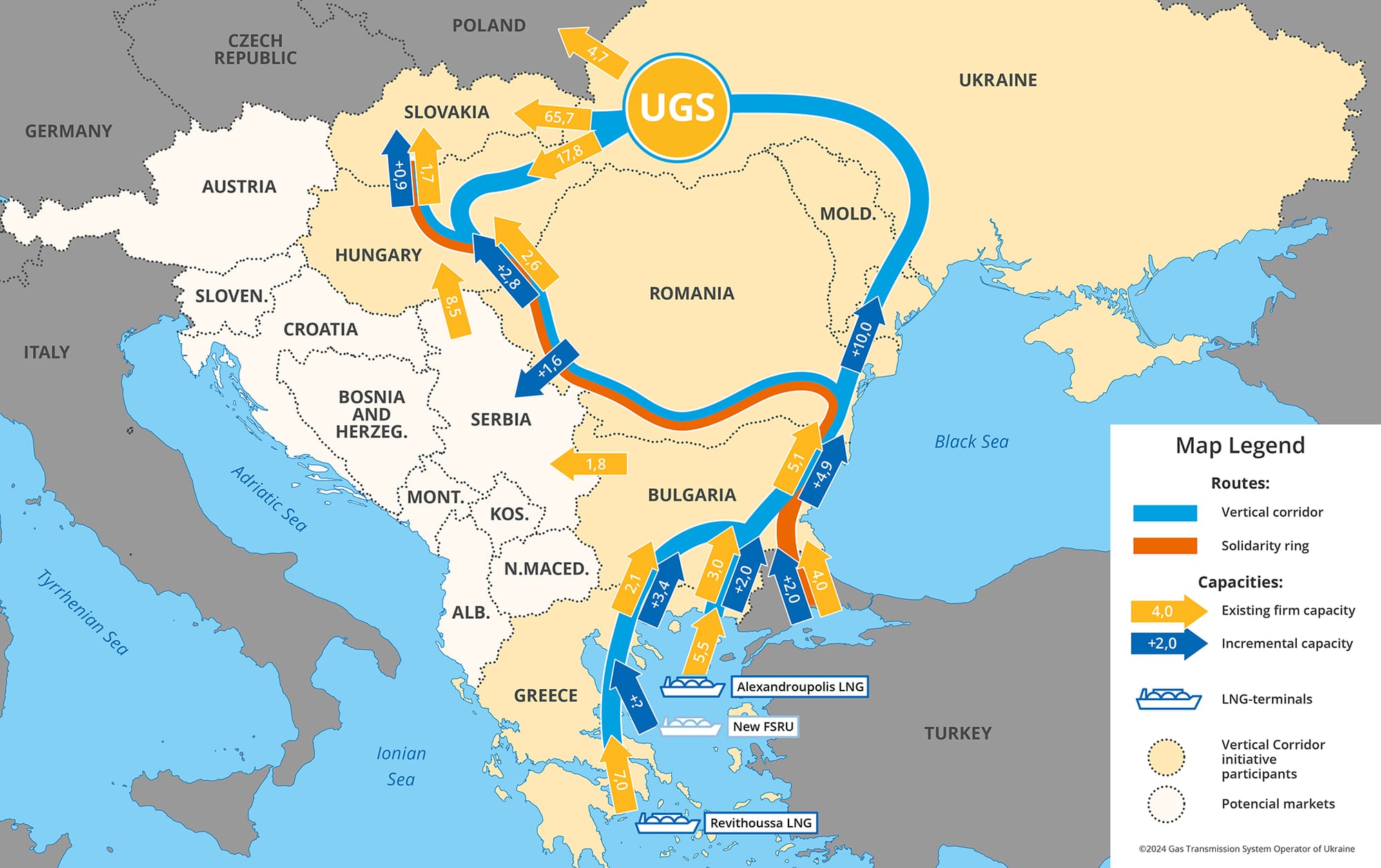
Similarly, Ukrainian firm DTEK’s recent delivery of its first cargo of US-sourced LNG via Lithuania is a notable landmark. Trading arm D.Trading bought the cargo on a free on-board basis (FOB) from Venture Global’s Plaquemines project in Louisiana, demonstrating that Ukraine can manage risk effectively to reap the rewards of Transatlantic trade.
The real story is a different, more strategic deal...

Member discussion: See no evil, hear no evil
Read what members are saying. Subscribe to join the conversation.
